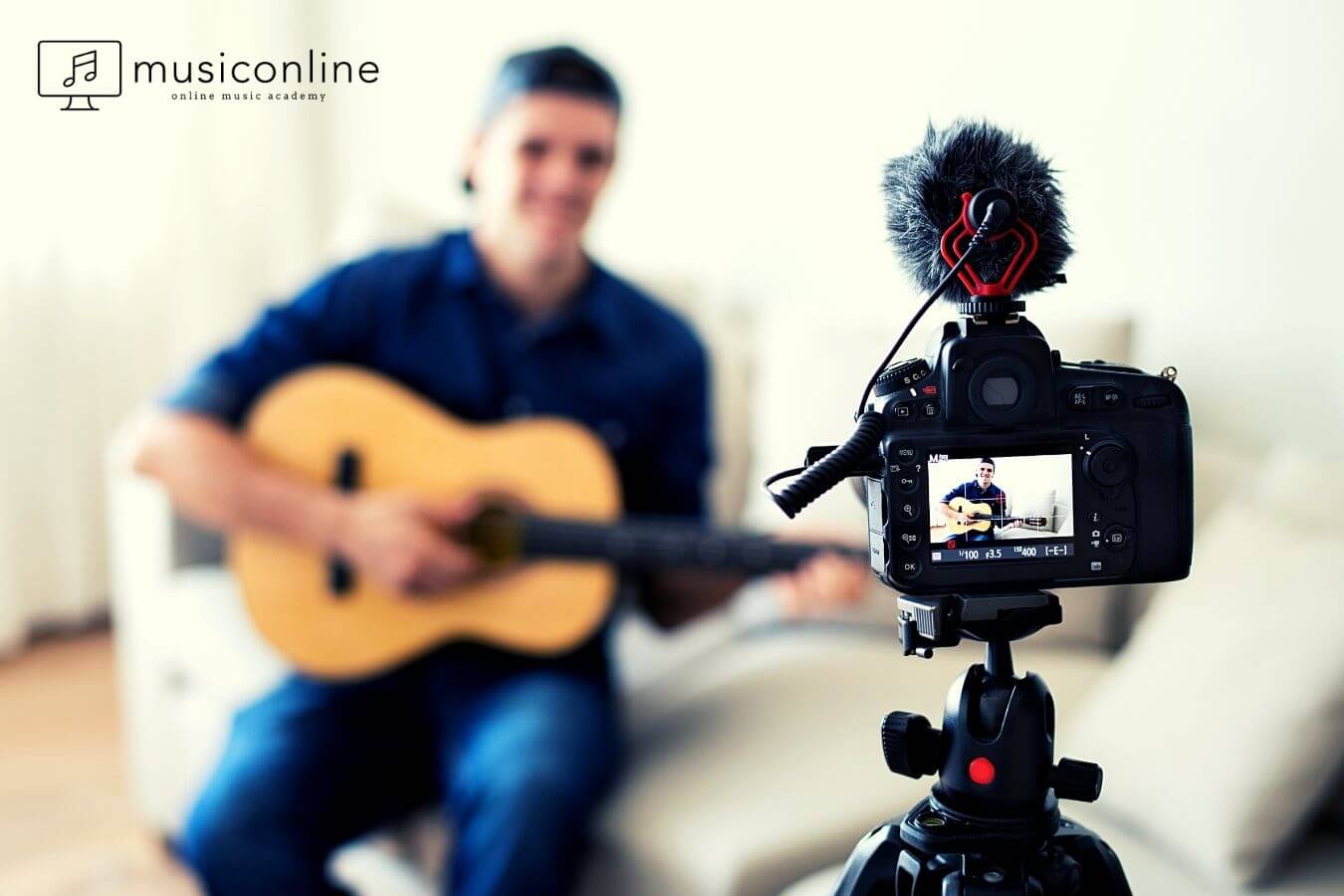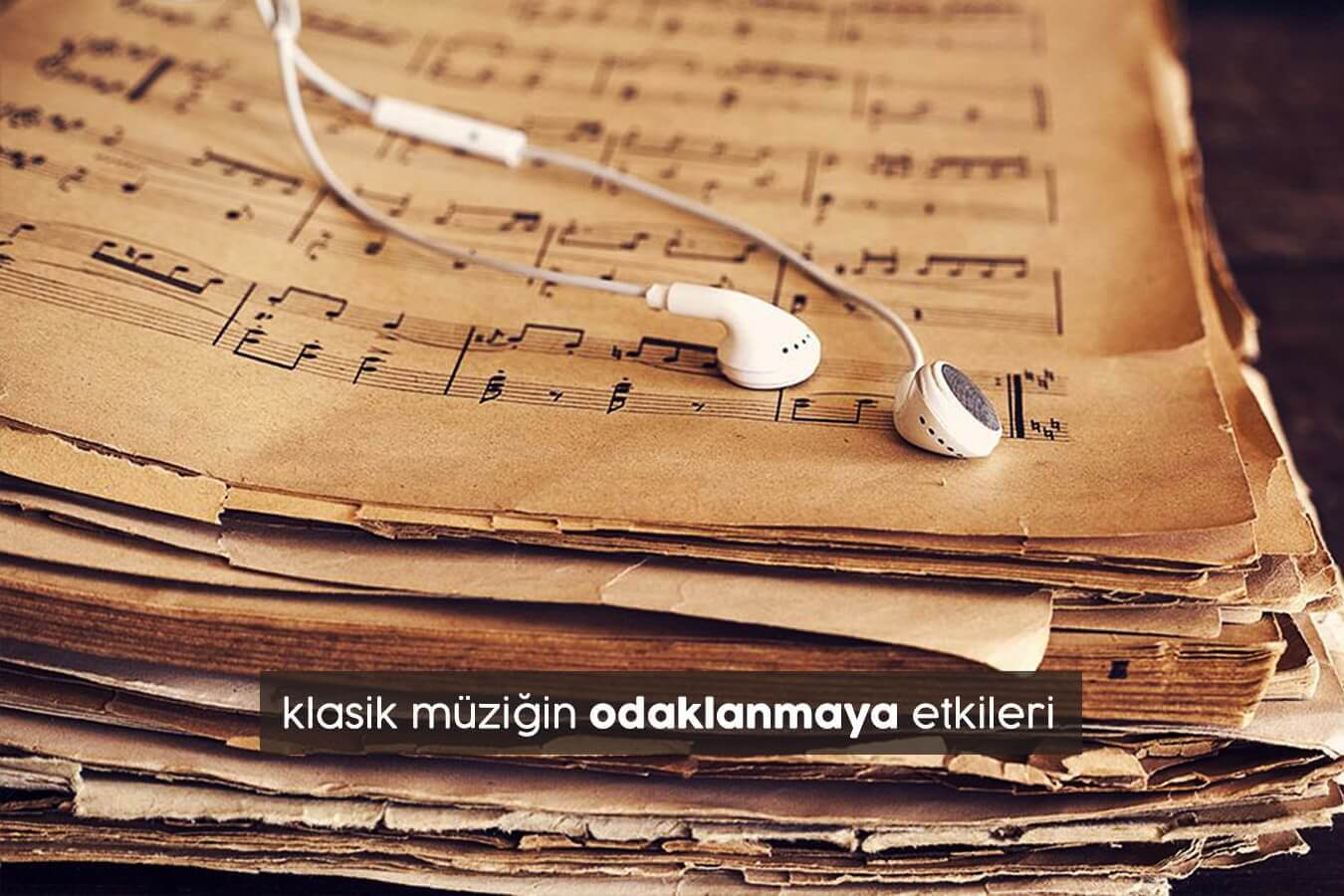musiconline blog
news about us & everything about music on our blog!
Before Buying a Piano
Piano is one of the most important musical instruments of modern day. It sits at the backbone of almost every song. It is fair to say that this delicate and beautiful instrument is gaining popularity every single day. So, what do you need to know before buying a piano?
Contrary to wooden instruments, pianos are preferred to be as new as possible. Old pianos generally requires maintenance and effort. Besides the age heights of the pedals, sustain and reverb are other key points to be checked before buying a piano.
Quality of a piano is mainly determined by two factors: the material it is made of and its origin. German pianos are one of the most popular ones all around the world and have every right to be. They are in this game for so long!
Every piano has a different sound and every person has a different taste. Some of them passes lower frequencies while others excel at higher octaves. If you are serious about buying a piano; never ever buy it before playing it! Also, consider the room you are going to place your piano in. One would probably want a low resonant piano for home but a high velocity one for streets. Each surrounding has its own needs.
Balance of frequencies is another thing. Here is a pro tip: avoid pianos with sharp transitions between frequencies.
Lifespan of a piano may be somewhere between 30 and 80 years. Wow, hold on, that is huge gap. But remember, it all depends how you use the piano. If you play it too often, it will inevitably get tired. You will need more chording effort, especially if your playing with a high pressure on the keys.
A good piano is said to have keys weighting somewhere between 50 or 55 grams. Although it is up to user preference, avoiding pianos with heavy keys is wiser. A good piano should be as delicate as possible, but not too delicate so that you can still play!
How to take care of your piano
Pianos are special instruments requiring special treatment. They can easily be affected by changes in room temperature, humidity, sunlight and other weather conditions. Wood, metal, wool, broadcloth and felt are widely used materials in piano production. Wood especially is a critical material since it is used for soundboard and both internal and external parts of the piano.
Soundboard plays the key role in sound production. It sits at the back of the piano and its main function is to be hammered to produce necessary vibrations. Spruce is one of the highest quality materials out there. Drying is a crucial step in soundboard production and that's why you should be extremely careful about humidity and temperature. Places with constant air flow is a bad choice of placement for a piano as well.
Other environment-dependent materials in the piano are metal components such as rims and strings. Corrosion is a serious issue for these delicate elements. They are also highly sensitive to room temperature. The strings can easily become expanded or contracted due to temperature change and this can cause deformation.
Dampers and hammers inside the piano are generally made out of wool and felt. Since these materials are basically pieces of cloth, moths and other cloth-consuming bugs are main problems to watch out for. Naphthalene balls or spraying can be applied to protect piano from bugs.


